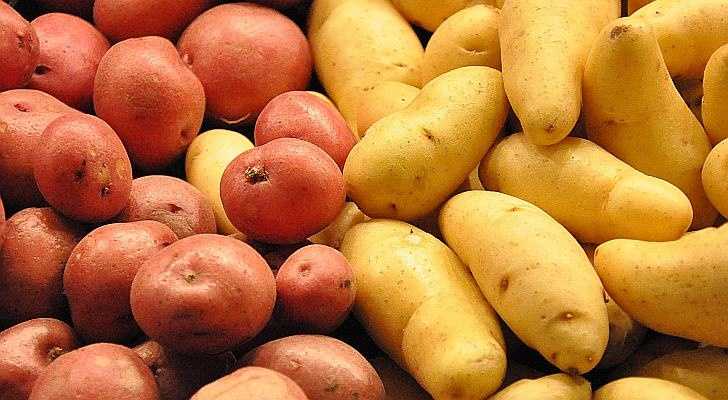"During the talks, the Israeli side expressed its readiness to expand the range of products supplied to Russia. For the purpose of detailed study of this issue, consultations between experts from Russia and Israel will take place in the near future," the ministry said after the meeting, in which Israel has decided to mull larger agricultural exports to Russia.
Israel's key agricultural exports to Russia are fruit, vegetables and fruit juices. In turn, Russia sells raw materials, as well as agricultural products, like grains and cereals, to Israel.
Over the past several years, Israel exported between 150,000 and 180,000 tons of carrots to Russia. Peppers are also a major export, with 150,000 tons going to Russia over the past two years, which constitutes 50% of Israel's pepper exports.
Overall, Israel earns a billion dollars annually in agricultural exports, and about a quarter of that comes from sales to Russia. Russia became a target market for Israeli farmers long before Moscow decided to pull back in its relationship with Turkey.
With European Union labeling rules in effect on produce from the West Bank, East Jerusalem and the Golan, and the Golan – as well as international boycott efforts aimed at Israeli products in general – Israel has sought to groom markets outside the EU for its products, services, and technology.
China, for example, has become a favorite export target for Israeli start-up technology, while Israeli water and agricultural tech is a major export to India and many countries in the developing world.
The volume of bilateral trade between Russia and Israel has increased sufficiently in recent years — from US$12 million in 1991 to US$3.43 billion in 2014, according to the Russian Embassy in Israel. In May, Russia increased its imports from Israel as the ruble began to stabilize.






